China-U.S. relations should return to the track of sound and steady development as soon as possible to benefit both countries and the world, Foreign Minister Wang Yi told U.S. Secretary of State Antony J. Blinken on Friday, as the two sides agreed to work together for a meeting between the two heads of state next month.
In addition to inviting China to attend the Asia-Pacific Economic Cooperation meeting in San Francisco, the U.S. has sent a separate invitation to China for a summit between Chinese President Xi Jinping and U.S. President Joe Biden at the APEC venue, a senior Chinese official, who preferred not to be identified, told China Daily on Saturday.
While Wang's meeting with Biden lasted for roughly an hour, more than double than originally planned, Wang and Blinken met for more than seven hours over the two days, had a dinner together, and held "comprehensive" and "in-depth" discussions, the official said.
In their meeting, Wang said China always believes that the common interests of the two countries outweigh their differences and disputes, that their respective success is an opportunity rather than a challenge, and that the way for them to get along should be dialogue and cooperation rather than a zero-sum game.
Wang, a member of the Political Bureau of the Communist Party of China Central Committee and director of the Office of the Central Commission for Foreign Affairs, underscored that there are "five musts" to be followed when summarizing the experience and drawing lessons from the course of bilateral relations this year.
"The two sides must follow the common understandings reached by the two heads of state; must stabilize bilateral relations; must keep communication channels open; must properly manage differences, disputes and frictions; and must promote mutually beneficial cooperation," he said.
In addition, the minister said, to stabilize and improve their relations, the two sides should also have objective understandings of each other's strategic intentions, correctly view the competitive factors in the exchanges between China and the United States, and define the concept of national security.
As part of the outcome of the talks, the two sides will hold consultations in the coming days on maritime affairs, arms control and non-proliferation, and foreign policies, in addition to a coordination meeting on disability affairs that may result in a memorandum of understanding on cooperation in disability affairs, according to a Chinese readout.
It said the two sides agreed to further increase direct passenger flights.
On the Palestine-Israel conflict, Wang said the most pressing thing is to prevent a humanitarian catastrophe on a larger scale, and the fundamental way out is to implement the two-state solution.
"Major countries should remain calm, be objective, and uphold justice, while the United Nations should play its due role," Wang said.
China is ready to work with all parties to activate a mechanism for promoting peace, build broader international consensus on the implementation of the two-state solution, and discuss the provision of more effective international guarantees, he added.
Blinken said maintaining durable peace and stability in the Middle East region is in the interests of all parties, and the United States shares the view that there is a need to return to and implement the two-state solution, according to the Chinese readout of the meeting.
U.S. Department of State spokesperson Matthew Miller also said Blinken and Wang had "constructive" and "in-depth" discussions, building on recent high-level meetings between the two countries as part of ongoing efforts to maintain open lines of communication on a full range of issues and responsibly manage the U.S.-China relationship.
"The Secretary emphasized that the United States will continue to use diplomacy to advance U.S. interests and values. He noted that we both have a responsibility to manage our differences and to work together on issues that matter to our people and the world," the spokesperson said.
Blinken said the U.S. side hopes that bilateral relations will be stable and sustainable, and is willing to strengthen communication with China to prevent miscalculation, explore cooperation in areas where cooperation is needed, and make good preparations for the next phase of high-level exchanges between the two countries, according to the Chinese readout.
It added that the two sides also had an exchange of views on Ukraine and the Korean Peninsula nuclear issue.









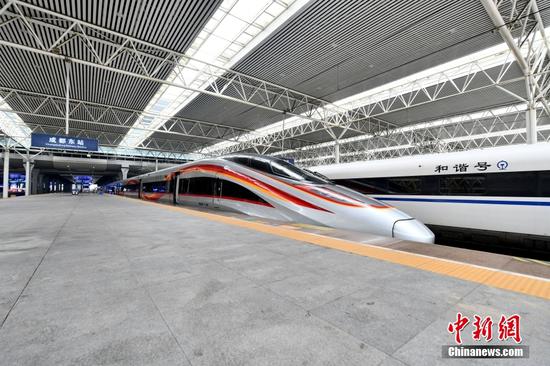





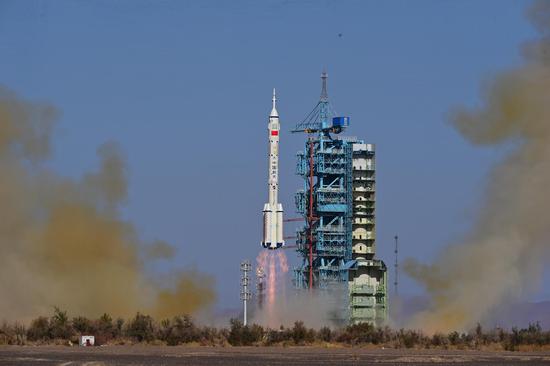
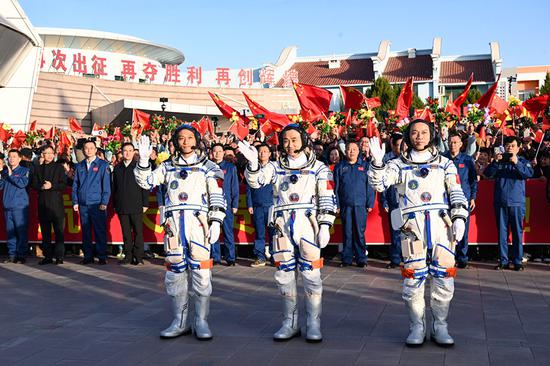




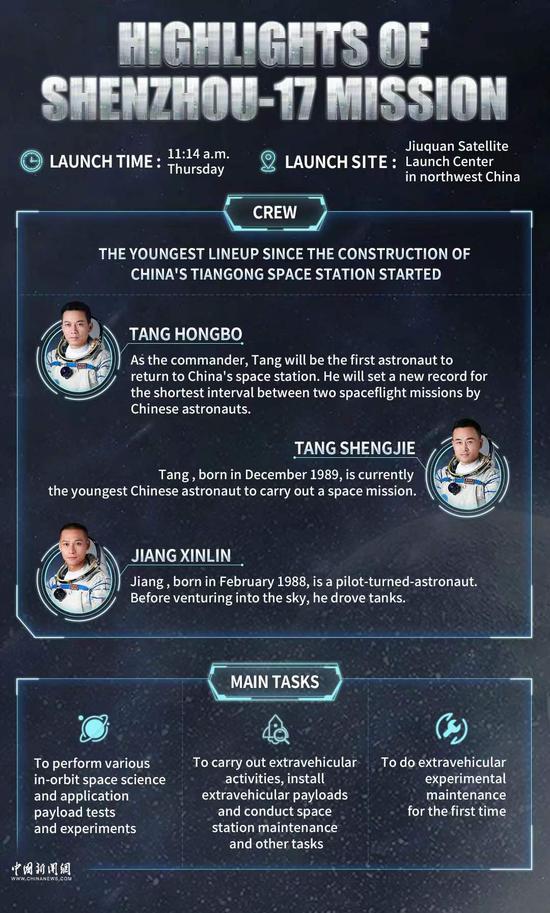
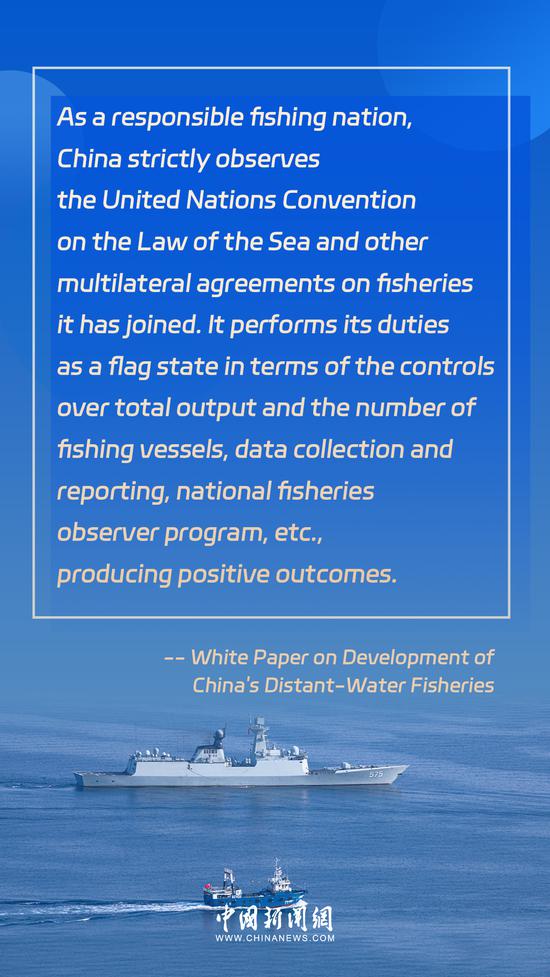


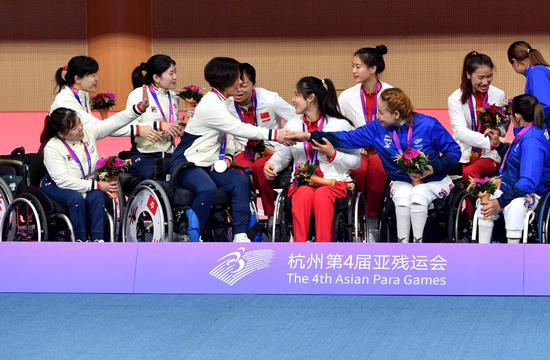
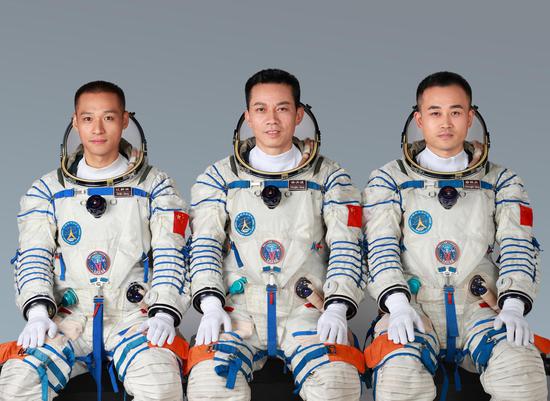




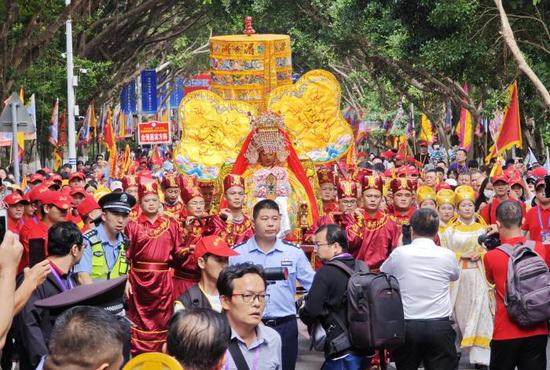

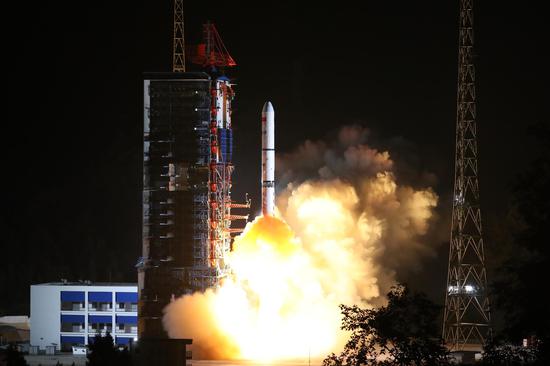




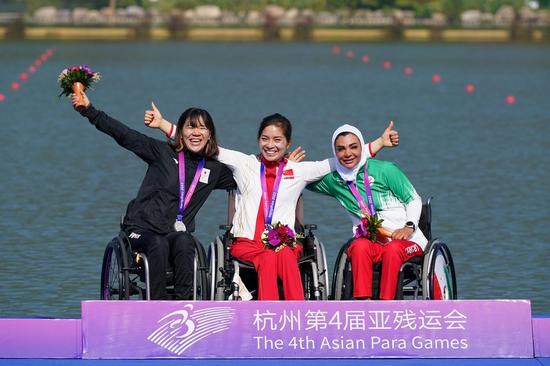



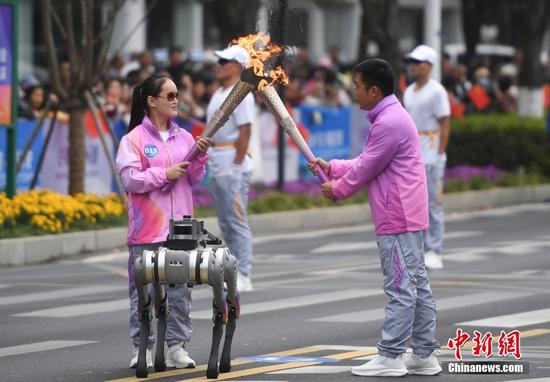







 京公网安备 11010202009201号
京公网安备 11010202009201号